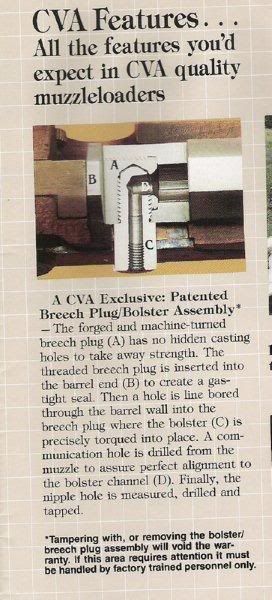- Joined
- Oct 31, 2004
- Messages
- 1,494
- Reaction score
- 8
While many or most solvents will clean ok, good olde soap(dish washing prefered)and works best, provided you don't use "HARD" water. It is estimated that between 85-90% of water systems nationwide have hard water(mostly magnesium and calcium)! It is impossable to get a truely clean barrel with hard water. These chemicals can be neutralized somewhat by simply adding sodium carbonate(baking soda). Throw a hand full in both your wash and rinse water and you'll see. Also no flash rust! :hmm: Better yet, if you have a neighbor, friend, co-worker that has a whole house water softner system, borrow some water from him.... :grin:






